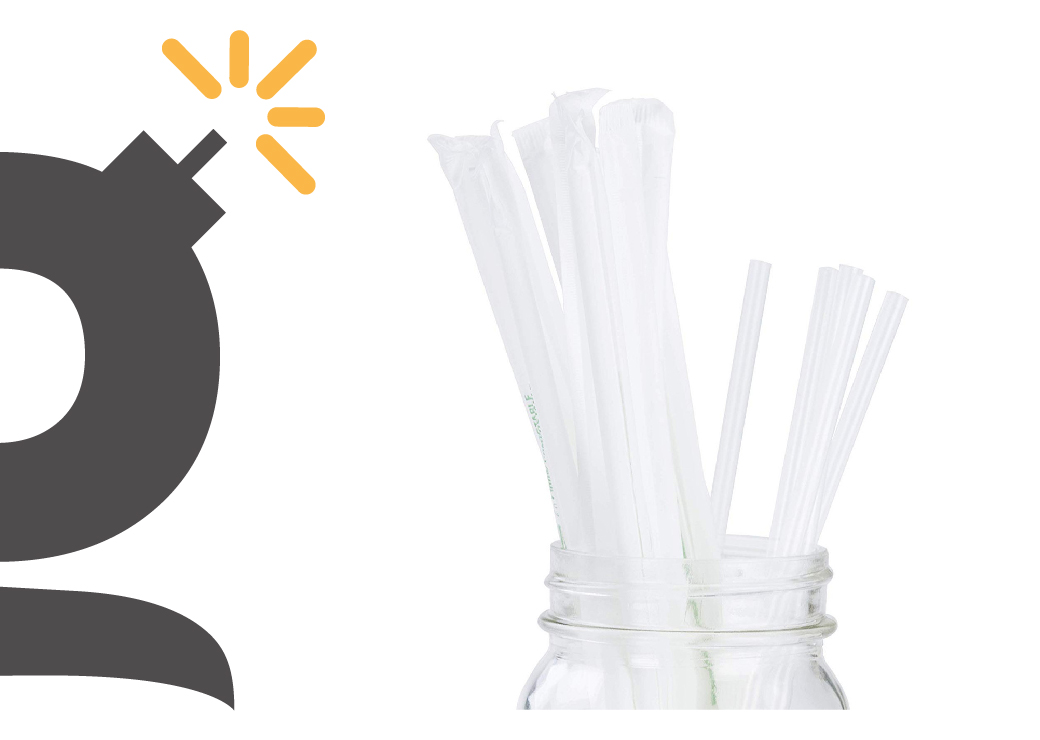
Our partner suppliers in the UK, EU and China all share with us the developments they make in manufacturing biodegradable plastic parts. International grant money has allowed for significant advances in bioplastic research and development.
Currently, only 9% of all plastic packaging worldwide is recycled as published in a Unilever report. They have pledged that by 2025, 100% of their plastic packaging will be reusable, recyclable or compostable.
The extensive use of single-use plastics in food and drink packaging is extremely prevalent in the media and has caused many supermarkets to take accountability. Food-grade bioplastics remain a big challenge for manufacturers, and major-players such as Unilever and P&G will likely be investing heavily in trying to find the solution.
Along with the challenges of sourcing, testing developing and certifying the material, the logistics of implementation also require innovative thinking.
It is a widespread opinion that retailers and packaging corporations are not preparing quickly enough for the intense market-led demand. This has led to an increase in smaller retailers marketing their produce as "unpacked."

Our partner suppliers in the UK, EU and China all share with us the developments they make in manufacturing biodegradable plastic parts. International grant money has allowed for significant advances in bioplastic research and development.
Currently, only 9% of all plastic packaging worldwide is recycled as published in a Unilever report. They have pledged that by 2025, 100% of their plastic packaging will be reusable, recyclable or compostable.
The extensive use of single-use plastics in food and drink packaging is extremely prevalent in the media and has caused many supermarkets to take accountability. Food-grade bioplastics remain a big challenge for manufacturers, and major-players such as Unilever and P&G will likely be investing heavily in trying to find the solution.
Along with the challenges of sourcing, testing developing and certifying the material, the logistics of implementation also require innovative thinking.
It is a widespread opinion that retailers and packaging corporations are not preparing quickly enough for the intense market-led demand. This has led to an increase in smaller retailers marketing their produce as "unpacked."

Our partner suppliers in the UK, EU and China all share with us the developments they make in manufacturing biodegradable plastic parts. International grant money has allowed for significant advances in bioplastic research and development.
Currently, only 9% of all plastic packaging worldwide is recycled as published in a Unilever report. They have pledged that by 2025, 100% of their plastic packaging will be reusable, recyclable or compostable.
The extensive use of single-use plastics in food and drink packaging is extremely prevalent in the media and has caused many supermarkets to take accountability. Food-grade bioplastics remain a big challenge for manufacturers, and major-players such as Unilever and P&G will likely be investing heavily in trying to find the solution.
Along with the challenges of sourcing, testing developing and certifying the material, the logistics of implementation also require innovative thinking.
It is a widespread opinion that retailers and packaging corporations are not preparing quickly enough for the intense market-led demand. This has led to an increase in smaller retailers marketing their produce as "unpacked."

